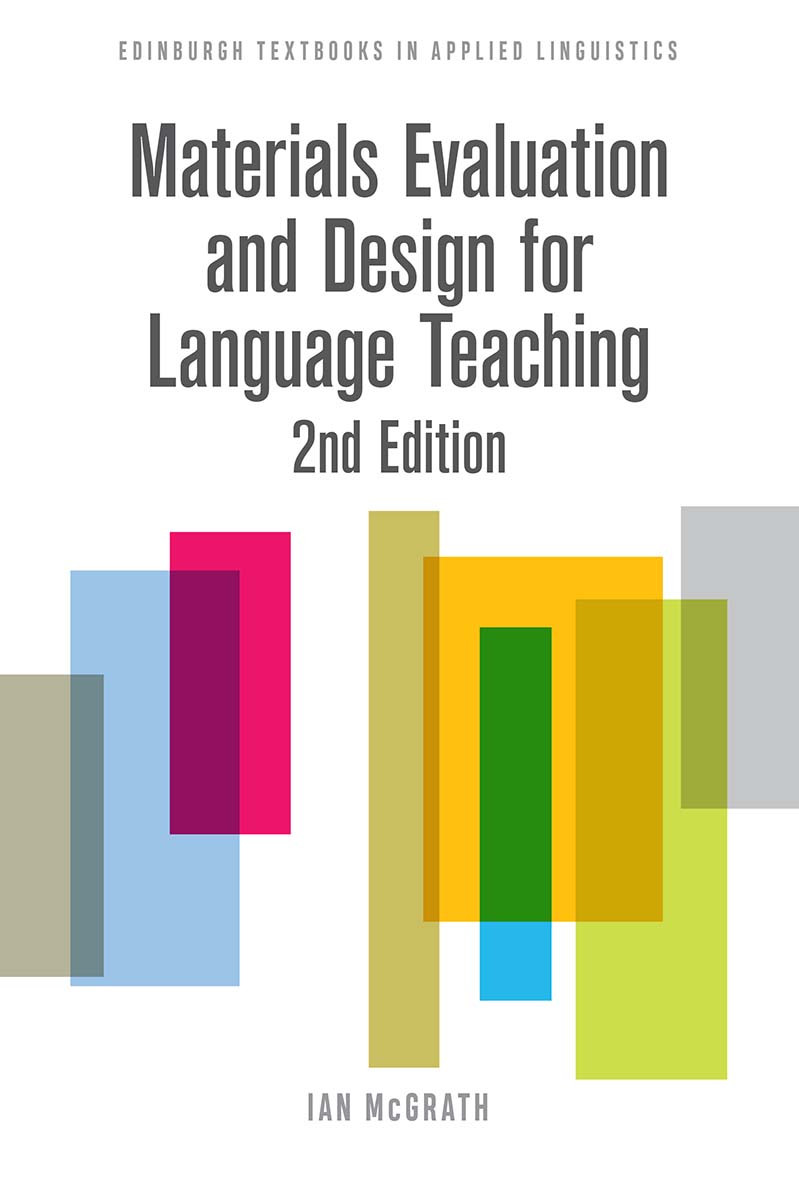

Most ebook files are in PDF format, so you can easily read them using various software such as Foxit Reader or directly on the Google Chrome browser.
Some ebook files are released by publishers in other formats such as .awz, .mobi, .epub, .fb2, etc. You may need to install specific software to read these formats on mobile/PC, such as Calibre.
Please read the tutorial at this link: https://ebookbell.com/faq
We offer FREE conversion to the popular formats you request; however, this may take some time. Therefore, right after payment, please email us, and we will try to provide the service as quickly as possible.
For some exceptional file formats or broken links (if any), please refrain from opening any disputes. Instead, email us first, and we will try to assist within a maximum of 6 hours.
EbookBell Team

4.7
36 reviewsSince the first edition of this book was published in 2002 there have been many changes in language teaching, not least those associated with technological developments. Despite such changes, the same basic needs remain as far as teacher education is concerned. Teachers still need advice on how to:
evaluate coursebooks and other core materials systematically
source and evaluate other materials
adapt materials
design their own materials
Materials Evaluation and Design for Language Teaching provides this – offering a systematic approach to the selection and subsequent evaluation of textbooks and practical advice on their adaptation and supplementation. For teachers who prefer to prepare their own materials there are suggestions on systematising the process of materials development and on the use of learner-generated materials.
The second edition of this bestselling textbook:
Features newly selected extracts from a representative range of teaching materials
Includes new content on worksheet design, differentiation, digital resources, and learner involvement in materials production and materials evaluation
Provides interleaved tasks which promote the sharing of experience and learning, reflection and application
Focuses on developments such as coursebook packages and the wider range of ancillary materials
Discusses the increased availability of lesson-ready material online
Responds to the growing expectation that teachers will produce their own material